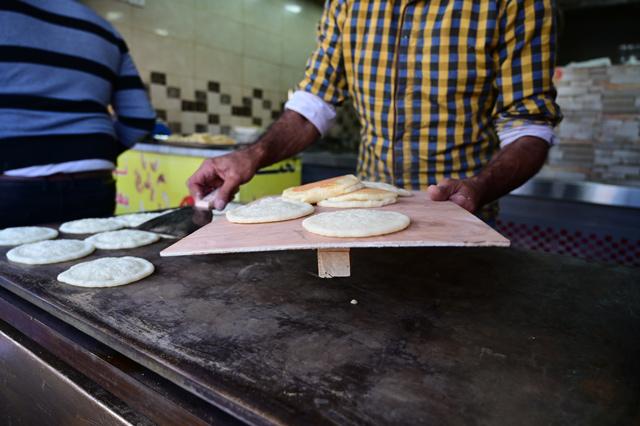- Local News
- Thu-2021-04-15 | 02:37 pm

Nayrouz News Agency :
As Jordanians welcomed the second Ramadan under the shadow of the COVID pandemic and restrictions, authorities stressed the need to adhere to preventive health and safety measures.
Aseel Al Nasser, a young Jordanian woman, said people no longer have big feasts on Iftar (the fast breaking meal at sunset) due to the lockdown.
"For the second year, we are missing a lot of festive Ramadan nights and other activities. Going out for Suhoor (pre-dawn meal) is no longer an option,” she told The Jordan Times.
Nada Hamad, a young Jordanian woman, told The Jordan Times: "We miss praying in mosques. Also, outings after Iftar are not possible anymore.”
Muhammad Yaser, a Jordanian man in his 20s, also added that he misses going out especially after Iftar.
"Taraweeh (special Ramadan prayer), which is the essence of Ramadan, will be also missed this year,” Yaser said.
On the other hand, many people found the safety and health restrictions an opportunity to create healthy habits.
Lujain, who preferred to go by her first name, told The Jordan Times: "As a family, we got closer during quarantine. Now, instead of spending our post-Iftar time with friends, I am enjoying the time with the family.” She also added that the lockdown gave her time for spiritual growth while focusing on Ramadan rituals.
Leen Arkhaga, a Jordanian teacher, agreed with Lujain. "The lack of big feasts with our extended families made me healthier,” she told The Jordan Times.
"I started exercising and taking more care of myself since as I have plenty of spare time,” she said.
Amid COVID restrictions, Prime Minister and Minister of Defence Bisher Khasawneh issued a circular allowing public movement on foot for 30 minutes to perform Fajr and Maghrib prayers in mosques during the holy month of Ramadan. The circular also extended time for delivery services for restaurants till 3 am while abiding by the health protocol.









